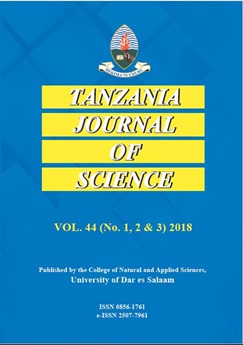Performance of a Customized Cryo-Cooling System Designed for the Measurement of the Lifetime of Nuclear Excited States at Cryogenic Temperatures
Abstract
Theoretical predictions that the lifetime of nuclear excited states can be varied if the nucleus is subjected to a condition that allows multiple coherent emission and re-absorption of gamma photons by the nucleus is of much interest to the nuclear physicists. Therefore, an experiment has been designed to study the possibility of lifetime variation. Based on the theory requirements, lifetime variations can be observed when the nucleus is cooled to cryogenic temperatures. Both the cryo-cooling system and the fast timing system have been developed. In the current work, the design, operation and performance of the developed cryo-cooling system is discussed. Furthermore, the effect of operating the cryo-cooling system on the gamma detection system was also studied. The cooling system has been observed to be capable of cooling the radioactive source down to 38 K. Temperature fluctuations of only 0.128% of the selected temperature were observed. This indicates the desired stability of the cooling system. On the other hand, both energy and timing resolution of the detection system were found to be affected by the mechanical vibrations of the cooling system. The effect can be reduced by cushioning the detectors and the remaining minor differences in time resolution can be accounted in the experimental uncertainty budget.
Keywords: Cryogenic temperature, Cryo-cooling System, Nuclear State, Lifetime Variation, Fast Timing System, Detectors


